Circles
Many companies are confronted with the same challenges in the context of enterprise transformation. Therefore, we facilitate cross-company collaboration based on the exchange of experiences and the joint development of solutions, e.g. process models, catalogues and patterns.

May 16, 2025
FIDA Meets Transformation
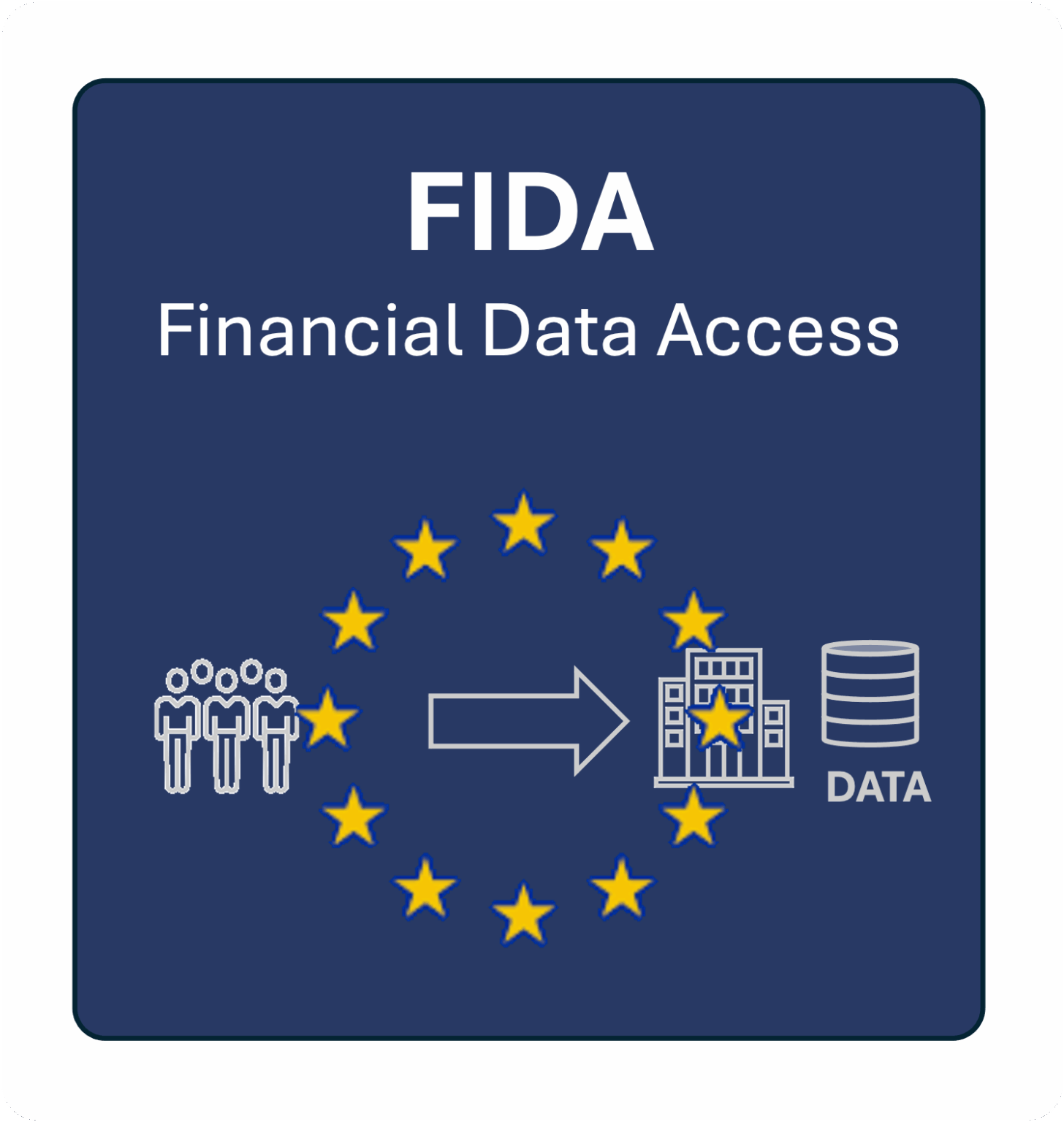
FIDA is a forthcoming regulation from the European Commission, likely to come into effect in 2026 or 2027. The regulation governs the rights of customers of financial products to manage their own data. FIDA will therefore have a profound impact on the IT landscapes of all major financial institutions, including banks, insurance companies, and asset managers.
In the new working group “FIDA Meets Transformation” we are investigating solutions for the efficient implementation of FIDA projects in large enterprises.
In particular, we analyze the foreseeable difficulties that will arise when distributed and poorly coordinated teams are asked to jointly fulfill complex FIDA requirements. For FIDA, the situation in many companies is catastrophic. At its core, FIDA requires a unified view of customer data. Such a view, which is lacking in most companies today, cannot be achieved by a distributed and uncoordinated team.
November 8, 2023
Project Management Beyond Text Books

While standardized methodologies and frameworks lay the groundwork, the true essence of project management lies in navigating the unpredictable. It's this ability to adeptly handle uncertainty that distinguishes success from projects that merely tick the boxes.
The challenge of project management is even greater when it is part of a transformation program. In this case, additional stakeholders and sibling projects multiply the complexity in communication and decision-making. A small detail for Project A can have a big impact on Project B.
You might believe that a conventional course or a textbook could suffice for such knowledge. Yet, the reality of managing complex projects in dynamic sectors like finance, industry, logistics, pharma, and the public sector often surpasses what academia offers. This is where our series of workshops transcends the norm.
Our workshops are crafted for leaders who are ready to explore beyond Project Management 101, covering critical, real-world topics such as:
- disentangling the intricacies of implementing agility (with a small “a”) in complex, multi-layered corporate structures;
- uncovering the depths of pivotal Project Management roles beyond the textbook definitions;
- implementing reflective practices to drive continuous improvement and strategic foresight.
…and many more topics that textbooks don't cover, but every seasoned manager encounters.
August 12, 2023
AI and Data
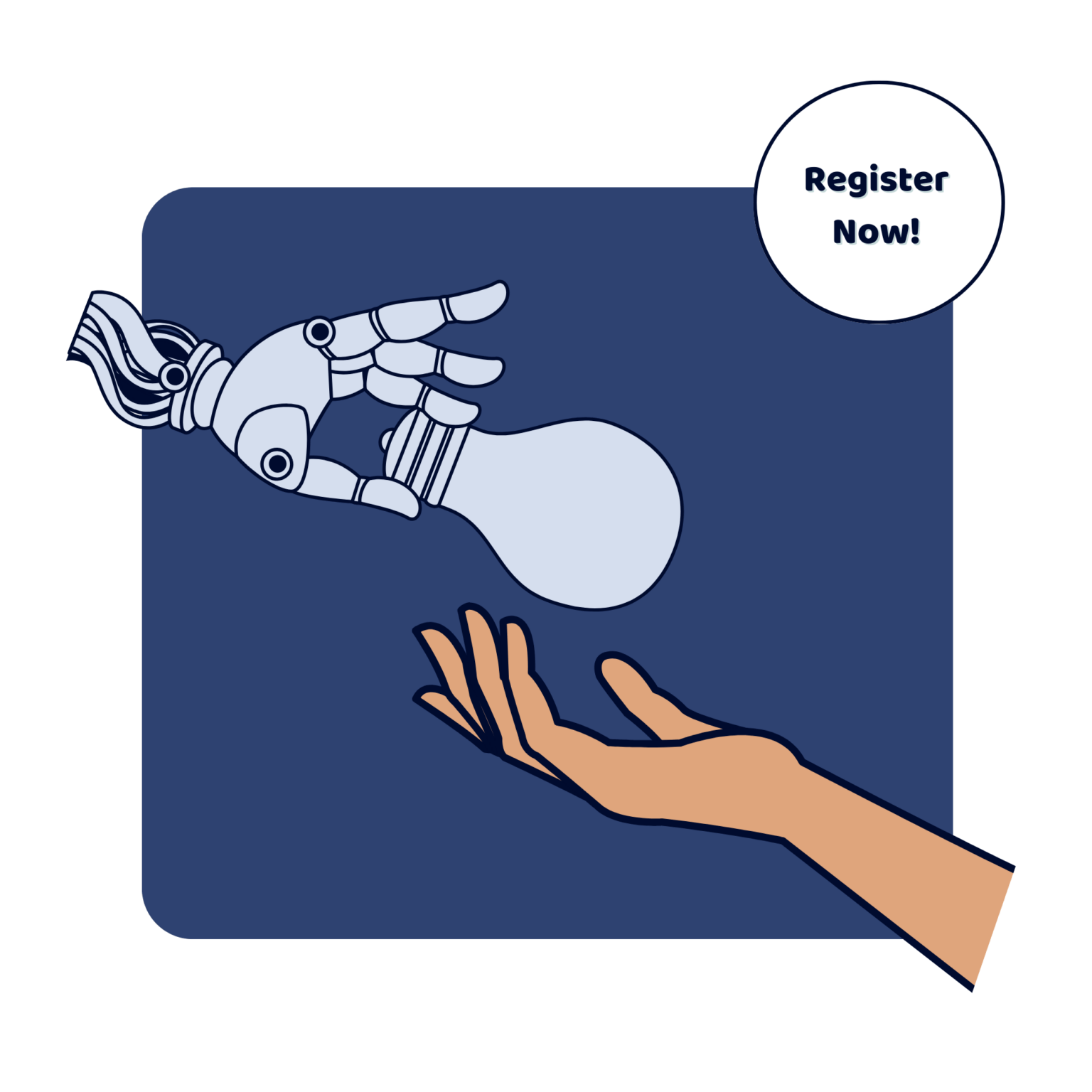
The advent of ChatGPT could breathe life into the practical use of AI and company data for the first time. Use cases may include
- Automated real-time decisions
- Significant reduction of process costs and throughput times
- Fact-based strategic management of the portfolio
- Increasing the quality of end customer service
August 12, 2023
API Governance
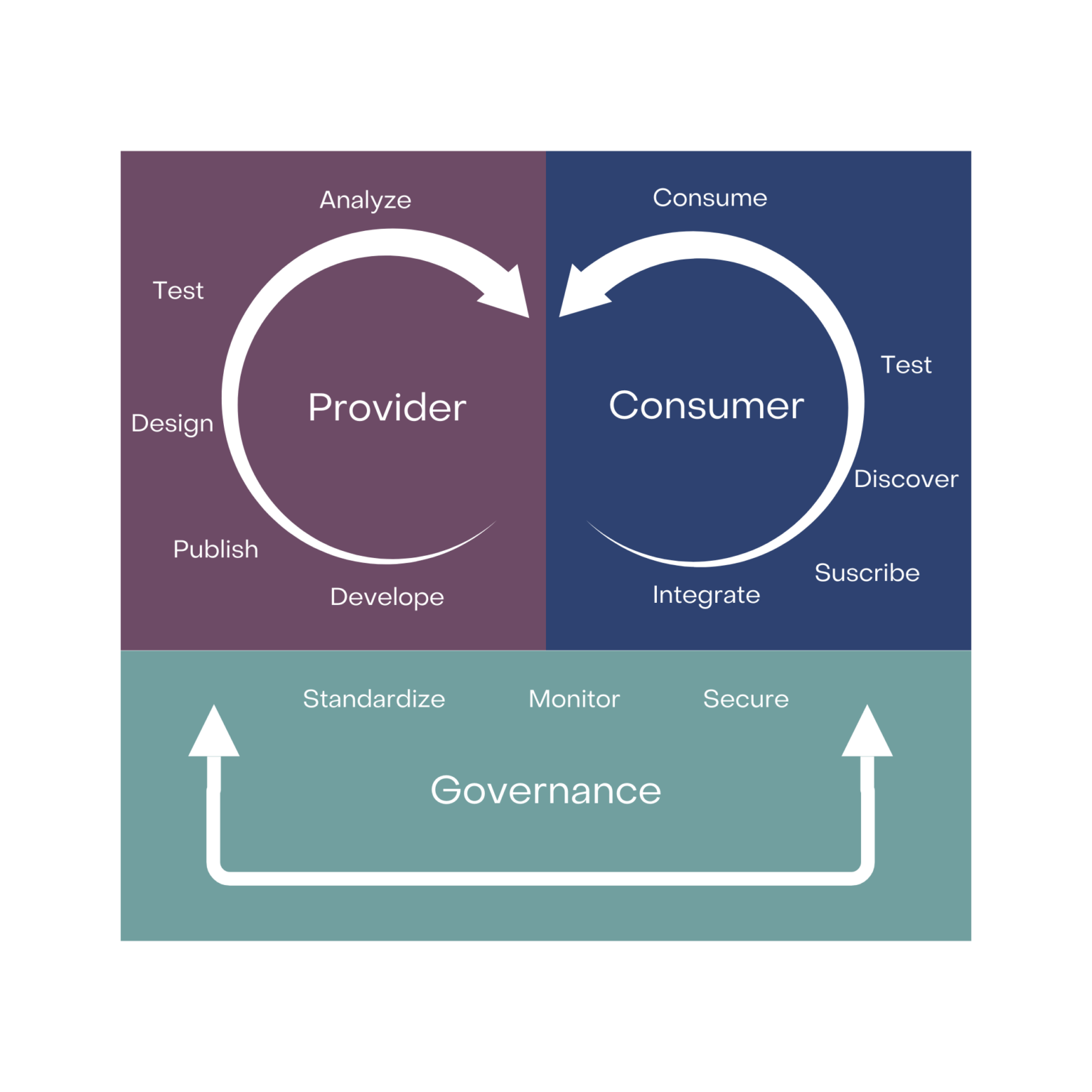
An API is a mechanism that allows one IT system to interact with the capabilities and data provided by another system in order to deliver value on top of these capabilities. APIs are essential to provide the necessary abstractions which make it possible to master the complexity of large, volatile IT landscapes.
API governance is the discipline which ensures that APIs are compliant with desired standards and regulatory requirements, and that they are aligned with strategic goals.
In an increasingly agile environment one of the main challenges is to keep the balance between team-autonomy and an overall compliance. We must ensure flexibility and team responsibility on one hand, and compliance, interoperability and the strategic coherence on the other, without creating impediments by administrative overhead and organisational bottlenecks.
August 12, 2023
Adaptive Product Owner Role

Most companies operate with a static role description of the product owner. This does not take into account that there is a lot of variability needed in the real world:
- Involved people have different leadership skills and seniority
- Different needs for distribution of decision rights between IT and business
- Different business domains demand different degree of innovation and varying entanglement with other domains
- Guidance of development teams must be matched to experience level
August 12, 2023
Business Architecture Governs IT Change
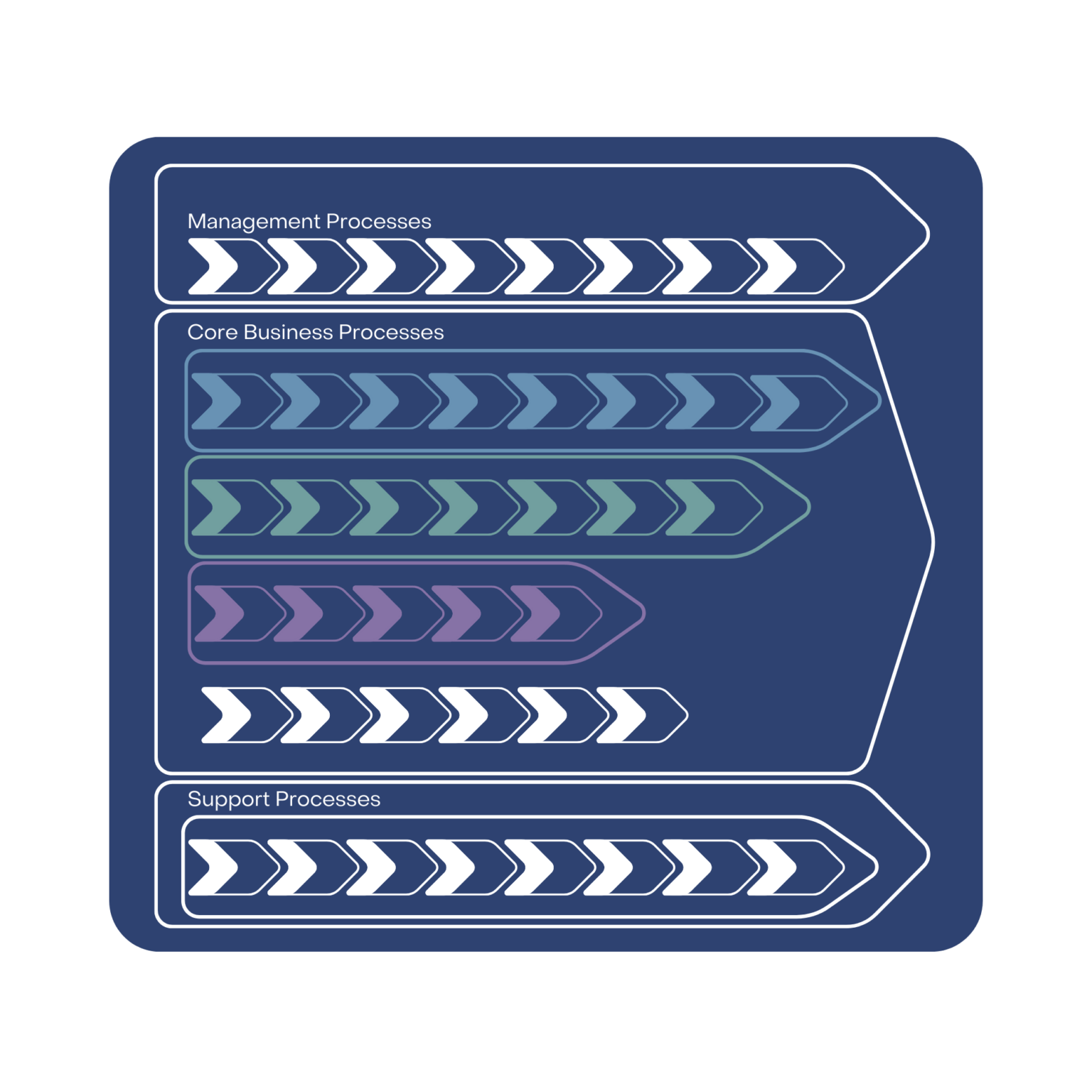
A business architecture – structured by an enterprise process map, for example – is a great way for a business organization to get a handle on IT change. The business architecture creates order and overview of requirements and makes hotspots for change visible from a business perspective.
Key deliverables from the Circle include best practices for managing an IT roadmap, aligning business needs and IT capabilities, deriving and tracking project specifications, or evaluating project objectives based on strategic objectives.
August 8, 2023
Transformation Methodology
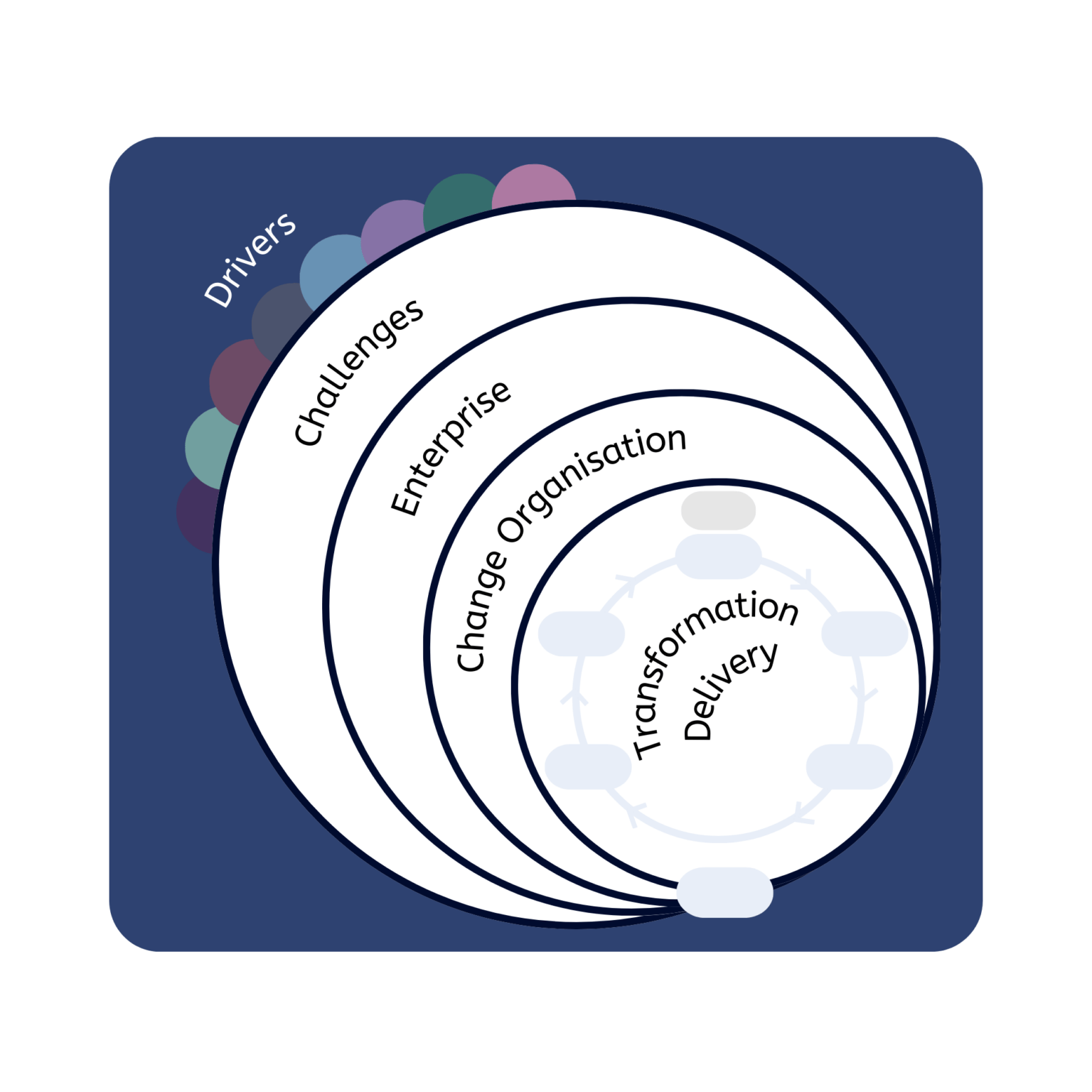
Enterprise transformation is a complex process which impacts every aspect of the enterprise. In our circle we plan to find methodolgies to solve typical issues of a digital transformation, e.g.
- No comprehensive frameworks or methodologies
- Many parallel activities including business transformation, modernizing of IT, and development of employees
- Unclear requirements and rapidly changing market conditions
- Lack of top management commitment
June 19, 2023
M2M – Monolith2Modular

How can a decades old monolithic system be enhanced?
- The strategy of interest for dealing with a monolith is modularisation
- Modularisation brings many challenges in various dimensions as technology, operations, methodology and organisation
- Many critical questions and decisions in these dimensions are highly context dependent and do not have an obvious answer